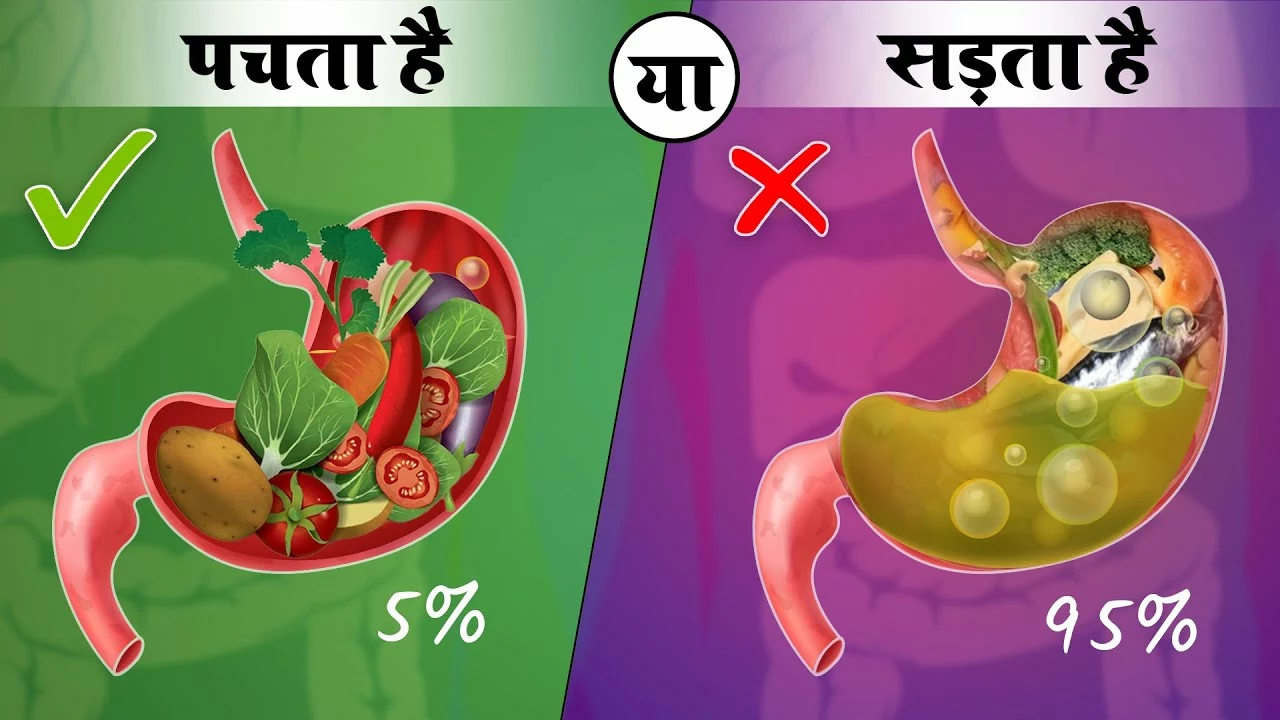Nutrient absorption: why it matters and what you can do
Did you know some common medicines and gut issues can stop your body from getting the vitamins and minerals it needs? Poor nutrient absorption shows up as tiredness, slow healing, unexplained weight changes, or anemia. That matters more if you have diabetes or take long-term meds—because low B12, low iron, or missing vitamin D can make health worse.
Common causes to watch for
Not every stomach ache means malabsorption, but here are real reasons absorption can drop: digestive conditions (like celiac disease or chronic pancreatitis), gut infections, certain operations (bariatric surgery), and age-related changes. Several drugs also matter: metformin can lower B12 levels over time, long-term antacids or proton pump inhibitors can reduce absorption of iron and B12, and repeated antibiotic use can disturb gut bacteria that help absorb nutrients.
Diet choices matter too. Very low-fat diets can limit uptake of vitamins A, D, E, and K because they need some fat to be absorbed. Drinking tea or coffee with meals can cut iron absorption. Too much fiber at once can speed food through the gut and reduce uptake of some minerals.
Practical tips you can use today
Start with simple checks: if you feel unusually tired, have pins-and-needles, pale skin, or ongoing diarrhea, ask your doctor for blood tests—complete blood count, iron studies, vitamin B12, and vitamin D are common starting points. If you take metformin, mention it—your clinician may test B12 periodically.
Eat with purpose. Add a source of healthy fat (olive oil, avocado, nuts) to meals that include vegetables or supplements with fat-soluble vitamins. Pair iron-rich foods (red meat, lentils, spinach) with vitamin C sources (orange, tomato) to boost iron uptake. Avoid taking iron at the same time as calcium, dairy, or black tea.
Space medicines and supplements. If you take calcium or antacids, don't take iron or certain antibiotics at the same time. If you use probiotics or fermented foods (yogurt, kefir, sauerkraut), they can help restore gut bacteria after a course of antibiotics—but check with your provider first.
Small, frequent changes beat extremes. If you suspect a food intolerance, try an elimination guided by a clinician rather than guessing. If you’ve had gastric surgery or chronic gut issues, work with a dietitian to plan meals and choose the right supplements.
Finally, don’t self-prescribe high-dose vitamins without advice. Too much iron or fat-soluble vitamins can hurt as well as help. Talk to your healthcare team, get simple tests, and make step-by-step changes to diet and medication timing. Better absorption often starts with small, sustainable habits.

How to Improve Your Digestive System for Better Absorption of Nutrients
Haig Sandavol May 19 10In my latest blog post, I discuss the importance of maintaining a healthy digestive system for better absorption of nutrients. I share some valuable tips, such as incorporating fiber-rich foods, staying hydrated, and practicing mindful eating. Additionally, I emphasize the benefits of regular exercise and stress management in maintaining optimal digestion. Give it a read to learn more about enhancing your overall health by improving your digestive system. Don't miss out on these essential tips to maximize nutrient absorption and feel your best!
More Detail